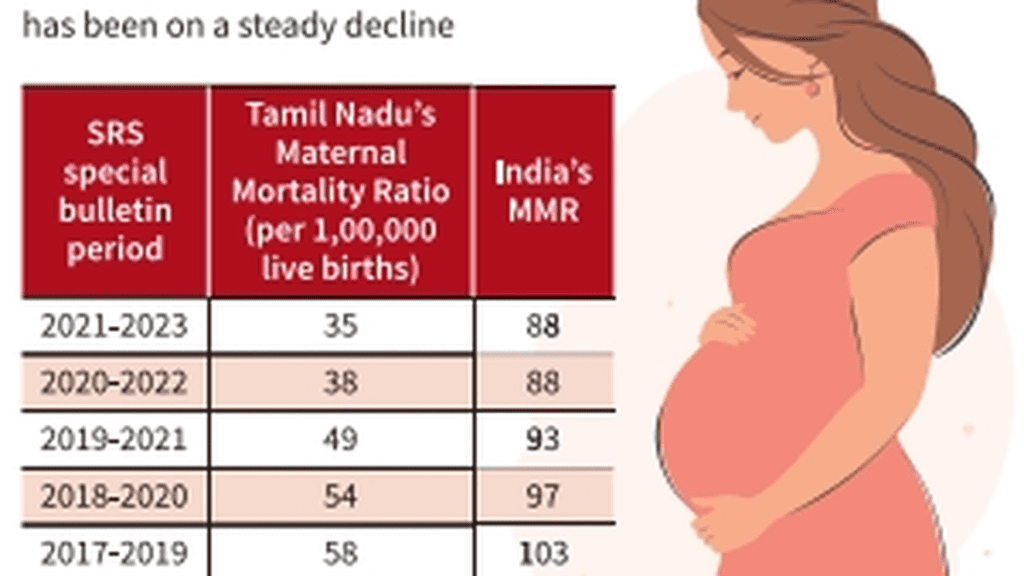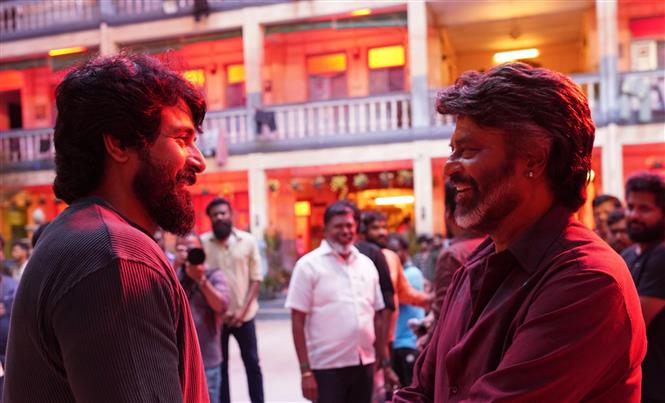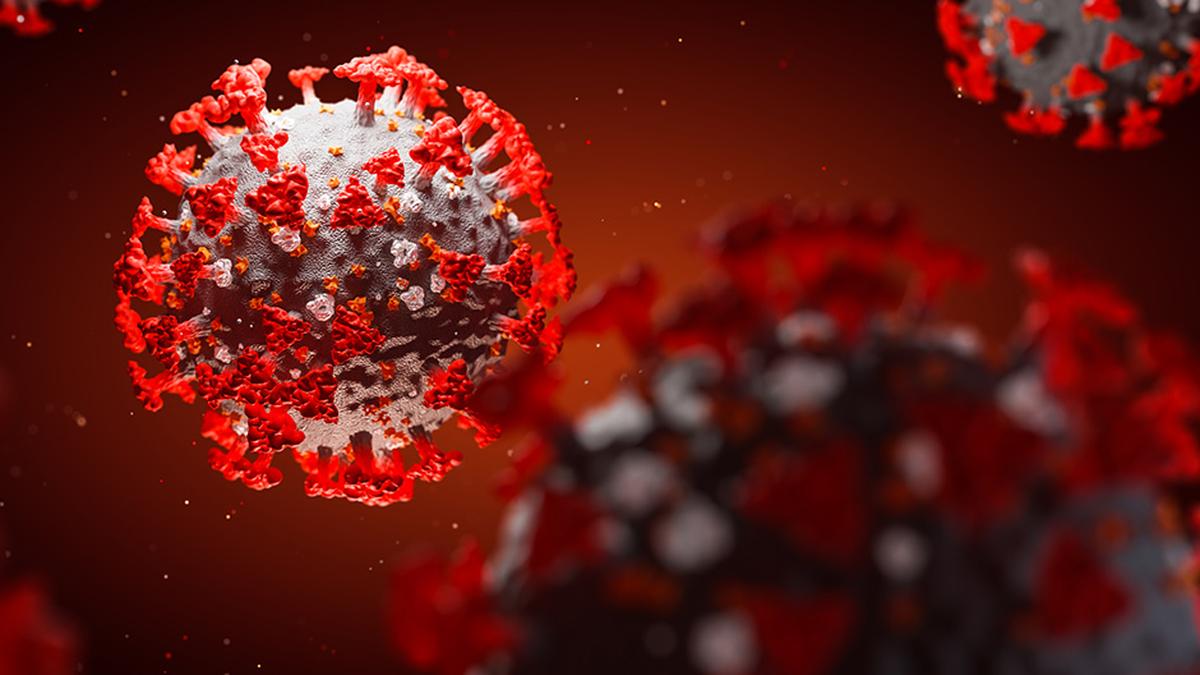Why were homeopathic practitioners in Maharashtra allowed to prescribe allopathic medication? Premium

Why were homeopathic practitioners in Maharashtra allowed to prescribe allopathic medication? Premium
The Maharashtra Food & Drugs Administration has, in a recent directive, allowed homeopathic practitioners, who have completed a certificate course in modern pharmacology, to prescribe allopathic medications. While this decision was taken over two months ago, the directive was issued in the last week of December.
In June 2014, the Maharashtra government had changed the definition of ‘registered medical practitioner’, by amending the Maharashtra Medical Council Act, 1965, to include homeopathic practitioners who had completed a certificate course in modern pharmacology that was recognised by the State government. According to media reports quoting the Maharashtra Food and Drugs Administration Commissioner, “confusion” persisted among chemists and pharmacists, who did not honour allopathic prescriptions given by homeopathic practitioners. The directive was aimed at ensuring that chemists accepted prescriptions by these doctors.
In 2017, the Maharashtra government had issued a notification allowing homeopathic practitioners to practice modern medicine. As per this notification, doctors who had obtained the Licentiate of the Court of Examiners of Homeopathy degree from 1951-1982 (the degree was abolished in 1982), and registered with the Maharashtra Medical Council, were allowed to practice modern medicine.
This directive was challenged in the Bombay High Court by the Indian Medical Association (IMA). The High Court issued a stay, with the bench questioning the risk that could be posed to patients if these doctors were allowed to practice allopathy.
IMA Maharashtra president Santosh Kadam said it was unclear why the Maharashtra FDA had now issued this directive. He said that even the central body for homeopathy had no provision to allow its practitioners to practice another stream of medicine and that ‘crosspathy’ was banned by the Supreme Court. Following the Bombay High Court stay, homeopathic practitioners were not allowed to prescribe allopathic medication, until the final decision of the court came in, he pointed out. “We have submitted all of these documents, including court orders, to the FDA commissioner. We are now awaiting his decision. If it does not come through, we will challenge it in court,” he said.
Former secretary of the IMA, Maharashtra, Parthiv Sanghvi, pointed out that the issue has been portrayed as the Maharashtra government allowing homeopathic practitioners to practice modern medicine — which is not the case, as this has already been stayed by the High Court. “This was a direction to chemists to entertain allopathic prescriptions of homeopathic practitioners. But who has given the FDA the authority to issue such a directive, in light of the fact that court has stayed the order allowing homeopathic practitioners to practice modern medicine,” he asked. He added that prescribing something in a “half-baked manner” after only a certificate course, without the rigorous background in medicine earned through an MBBS degree would be a disservice to patients.
Dr. Kadam added that the lengthy MBBS course that modern medicine doctors went through, was one that was recognised all over the world. For somebody to do a much shorter course and then begin to prescribe modern medicine would be detrimental to society, and may perhaps even cause to harm to patients, he said.
In 1996, in Poonam Verma Vs. Ashwin Patel and Others, which involved a homeopath treating a patient with allopathic medications and the patient subsequently dying, the Supreme Court held the homeopath liable for negligence as he had prescribed medications that he was not qualified to. A 2015 research paper, ‘Ethical and legal issues in cross-system practice in India: Past, present and future’ by Suresh Bada Math et al states: “Across judgments, the judiciary has held that cross-system practice is a form of medical negligence; however, it is permitted only in those states where the concerned governments have authorized it by a general or special order.” It goes on to state: “Courts have also stated that prescribing allopathic medicines and misrepresenting these as traditional medicines is an unfair trade practice and not explaining the side-effects of a prescribed allopathic medicine amounts to medical negligence.”
The Central government has been promoting AYUSH medicine for some years now, with a push being given to integrative/integrated medicine.
The rationale, in general, has been that India has a shortage of doctors, particularly in rural areas, and the AYUSH cadre of practitioners can help fill in these gaps. As per a Parliament statement in February 2024, there are 13,08,009 allopathic doctors registered with the state medical councils and the National Medical Commission as on June 2022, and 5.65 lakh AYUSH doctors.
The shortage of specialists is dire: the Health Dynamics of India 2022-23 report reveals a nearly 80% shortage of specialist doctors in Community Health Centres across rural India: only 4,413 specialist doctors of the requisite 21,964 needed were available.
Public health specialist and independent researcher Soham Bhaduri pointed out that while the number of medical colleges, particularly government medical colleges, has risen significantly since 2011, as far as meeting the recommended threshold of doctors is concerned, the projections are scarcely promising until 2040. Also, a good chunk of the healthcare workforce at any point of time remains inactive. “But as far as rural healthcare is concerned, the shortage of specialists is particularly grave today, which no other cadre but that of MBBS can fill,” he said.
Also, the National Medical Commission Act has already made provisions for mid-level healthcare providers at the primary care level, which embraces nurses and Ayurveda doctors, he said, adding: “In light of these, the State must strongly justify the decision to permit homeopaths to practice allopathy to address rural workforce challenges.”
He reiterated that while there is evidence that mid-level providers can provide care of comparable quality to that of medical doctors, their orderly integration into the system is crucial. “Allowing just any cadre of alternative medical practitioners to assume roles and functions that are meant for medical doctors is a recipe for anarchy. The general practice system in India is already disorderly and broken. Unlike in the West, medical graduates don’t have to undergo specialist training to be GPs. All you need here is an MBBS. Such steps as allowing homeopaths to practice allopathy after a short course in pharmacology, unless backed by a strong contemporary rationale, will only dilute the GP system further. Although they will have limited prescribing privileges, we know that de facto such limitations are hardly implementable particularly in the countryside. Such measures must not be used to mask our failure to attract enough medical doctors to the countryside due to reasons like poor working conditions and unsatisfactory remuneration.”










